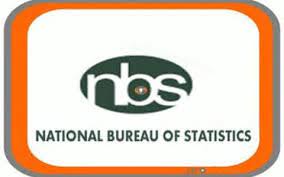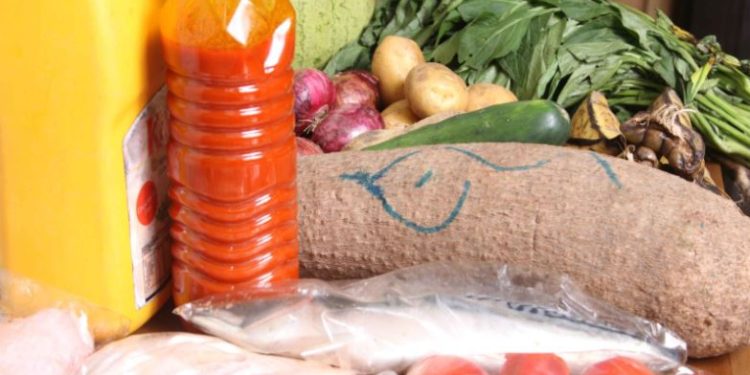According to data from the National Bureau of Statistics (NBS), prices of essential food items such as beef, rice, yam, and tomatoes experienced significant surges in May, driven by accelerating inflation. These price increases have put additional strain on consumers’ purchasing power across Nigeria.

In May 2023, Nigerians paid an average of N2,520.52 for 1kg of beef, marking a substantial 24.2% increase from N2,029.59 in the same period of 2022. On a month-on-month basis, the average price of 1kg of beef (boneless) grew by one percent, reaching N2,520.52 in May 2023 from N2,495.69 in April 2023.
Rice, which is the main staple food in Nigeria, also experienced a surge in prices. The average price of rice rose by 24.06% year-on-year, reaching N555.18 in May 2023 compared to N447.51 in May 2022. Furthermore, the average price of 1kg of local rice increased by 1.54% month-on-month, standing at N546.76 in April 2023.
Yam, another commonly consumed staple food, saw its price rise by 22.84% on a year-on-year basis. In May 2023, Nigerians paid an average of N457.25 for 1kg of yam, compared to N372.23 in May 2022. The month-on-month increase for yam was 2.83%, with the average price rising from N444.69 in April 2023.
Tomatoes also experienced a notable increase in price. The average price of 1kg of tomatoes rose by 17.68% year-on-year, reaching N498.34 in May 2023 from N423.48 in May 2022.
These rising prices of essential food items indicate the impact of inflation on consumers’ wallets. The surge in food prices places an additional burden on already strained household budgets and highlights the challenges faced by Nigerians in accessing affordable and nutritious food.
The NBS data sheds light on the ongoing inflationary pressures in Nigeria and the need for measures to mitigate its effects. It also underscores the importance of implementing strategies to enhance agricultural production, stabilize prices, and improve food security in the country.
As inflation continues to impact the cost of living for Nigerians, policymakers, economists, and stakeholders must collaborate to address the underlying factors driving these price increases. By promoting sustainable agricultural practices, supporting local production, and implementing effective inflation management policies, the government can work towards alleviating the financial strain on consumers and ensuring food affordability for all.















